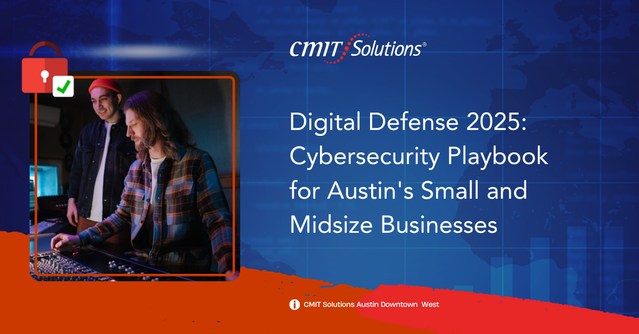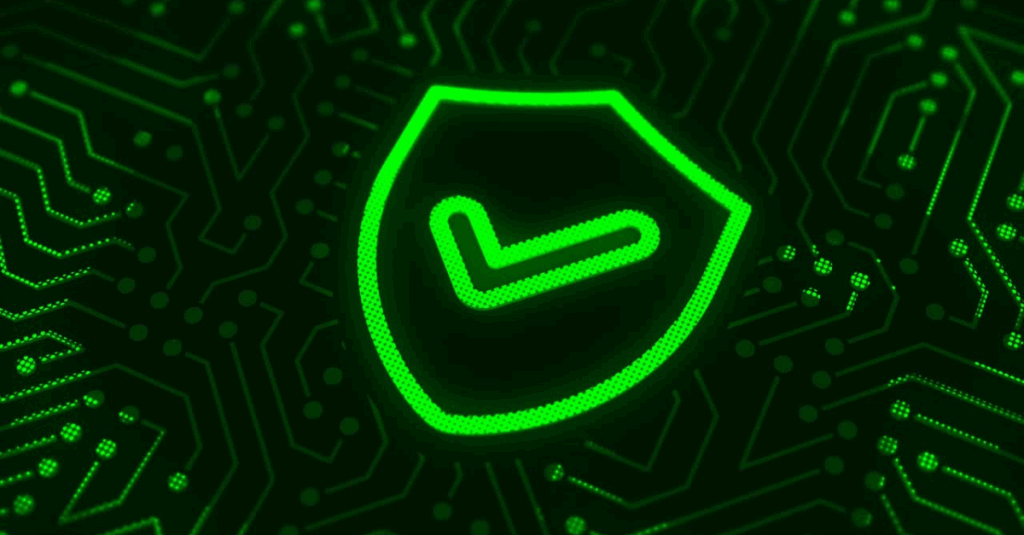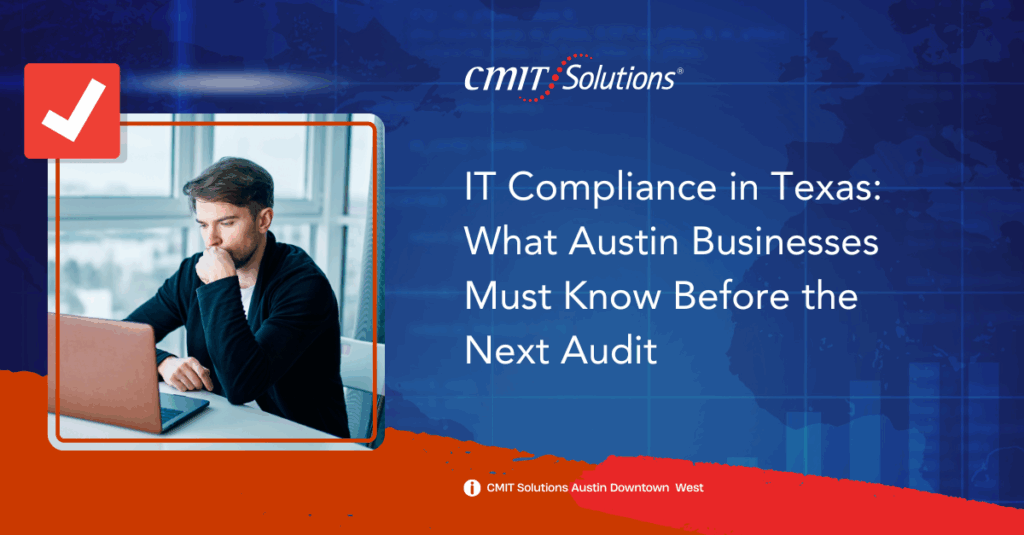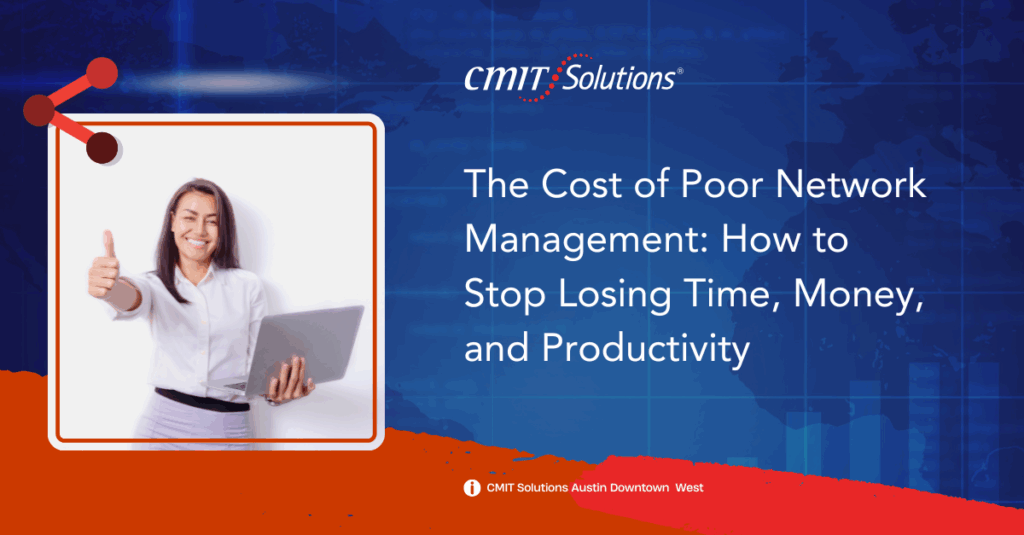In the heart of Texas, Austin’s small and midsize businesses (SMBs) are thriving in a dynamic digital ecosystem. As this growth accelerates, so do cyber threats. In 2025, cybersecurity is no longer an afterthought or a luxury—it’s a critical pillar of business continuity, regulatory compliance, and customer trust. This playbook offers a comprehensive, actionable strategy tailored to Austin SMBs, helping them future-proof their operations against a rising tide of digital threats.
What Is Cybersecurity and Why It’s Crucial in 2025
Cybersecurity refers to the technologies, processes, and practices designed to protect networks, devices, programs, and data from attack or unauthorized access. In 2025, it’s no longer limited to antivirus software and firewalls. With the rise of cloud computing, remote work, and AI-driven tools, cybersecurity has become a multi-layered defense system that impacts every part of business operations.
For Austin’s small and midsize businesses, this means actively safeguarding everything from email communications and financial data to project blueprints and customer records. A strong cybersecurity foundation supports compliance, reduces downtime, and boosts customer confidence—all essential for thriving in today’s competitive market.
The Rising Stakes: Why Cybersecurity Matters More Than Ever
With increased reliance on cloud platforms, remote work, and digital services, the attack surface for cybercriminals has expanded dramatically. Industries across Austin—from real estate to healthcare and construction—are grappling with increasingly sophisticated threats. Poor network management can open backdoors for malware, phishing, and ransomware, directly affecting uptime and productivity.
The Cybersecurity Fundamentals: What Every Austin SMB Needs
Cybersecurity doesn’t require enterprise-sized budgets. What it does require is a strategic, layered approach:
- Managed IT Services – Partnering locally ensures real-time monitoring and adaptive defenses.
- Regular Data Backups – Data backup minimizes downtime and loss.
- Endpoint Protection – Every device is a potential entry point.
- Access Controls – MFA and role-based access reduce internal risk.
- Compliance Readiness – HIPAA-compliant frameworks are vital in healthcare and finance.
Sector-Specific Strategies: Localized Cybersecurity Applications
Real Estate: Digital trust matters when handling sensitive records and contracts.
Construction: With connected blueprints and remote tools, cybersecurity in construction is a must.
Healthcare: Patient care depends on uptime and privacy; HIPAA defense secures both.
Unified Communications: A Hidden Cybersecurity Ally
Unified communications consolidate messaging, VoIP, video conferencing, and file sharing into one secure platform. This integration reduces reliance on disparate tools that may have weak points or vulnerabilities, and offers a more secure, manageable communication infrastructure.
By streamlining communication, teams work more cohesively and efficiently. This system improves transparency, accelerates response to threats, and provides centralized monitoring to detect breaches in real time—turning communication into a proactive cybersecurity asset.
AI-Driven Defense: Smarter, Faster, More Secure
AI-enhanced protection uses advanced algorithms and machine learning to detect anomalies and suspicious behavior that traditional systems may miss. It can identify patterns from vast data sets, allowing faster threat detection and mitigation.
Additionally, AI-driven IT support automates ticket handling and issue resolution, reducing response time and improving the end-user experience. Businesses gain both efficiency and security by adopting AI as part of their core cybersecurity strategy.
Data-Informed Decisions: Leveraging AI Productivity Tools
From predictive analytics to intelligent workflows, AI productivity tools provide actionable insights that drive smarter business decisions. These platforms can highlight inefficiencies, automate repetitive tasks, and personalize customer engagement.
More importantly, these tools contribute to cybersecurity by identifying process anomalies, ensuring compliance, and securely handling data. By embedding AI into daily operations, Austin SMBs can increase both productivity and digital resilience.
IT Infrastructure: Built to Last
Outdated systems attract attacks because they lack modern security features. Modernizing infrastructure with scalable platforms, virtual desktops, and secure cloud environments allows businesses to meet the demands of a mobile, digitally connected workforce.
Proactive infrastructure investments also ensure consistent uptime and better disaster recovery capabilities. Strong foundations allow cybersecurity measures to be applied evenly across all systems, reducing gaps and vulnerabilities.
State Compliance: What Austin Businesses Must Know
Texas compliance regulations have grown more rigorous in recent years. Review your IT audit readiness regularly to stay aligned with evolving standards like the Texas Cybersecurity Framework and industry-specific mandates such as HIPAA or PCI-DSS.
Non-compliance isn’t just a legal risk—it threatens customer trust and business continuity. By investing in compliance-oriented cybersecurity planning, Austin businesses can avoid fines, secure sensitive data, and gain a competitive edge in regulated markets.
Cybersecurity Culture: From Awareness to Action
Phishing attacks, password reuse, and accidental downloads remain top causes of breaches. Training staff to recognize these threats builds a first line of defense. Creating a culture of cyber hygiene helps prevent many breaches before they start.
Education should be continuous—not a one-time event. Reinforcing best practices through simulations, alerts, and performance feedback ensures your team stays vigilant. A cybersecurity-aware culture empowers employees to act confidently and protect your business.
Partnering for Protection: Local Matters
Local expertise matters. Local managed IT providers offer faster support, deeper understanding of Austin’s unique business environment, and customized cybersecurity strategies that national vendors often overlook.
In a crisis, proximity counts. Whether responding to a breach or proactively upgrading systems, having boots on the ground ensures quick action and trusted guidance. Partnering with a local MSP builds long-term resilience through ongoing collaboration.
Final Thought: Secure Your Growth
Cybersecurity isn’t a checkbox; it’s a growth strategy. When you invest in digital security, you protect your data, enhance your reputation, and improve operational efficiency.
Small and midsize businesses in Austin have much to gain by treating cybersecurity as a business enabler. Let this playbook be your guide to building a secure, productive future for your small or midsize business in Austin. Start today—and lead confidently into tomorrow.






